The ICC Cricket World Cup, one of the most prestigious events in the world of cricket, has seen various nations take up the role of hosts over the years.
Since its inception in 1975, the tournament has grown in scale and popularity, attracting cricketing nations from around the globe. Hosting the Cricket World Cup is not just a matter of prestige; it also comes with the responsibility of organising and managing a world-class event.
In this article, we’ll take a trip down memory lane to explore the tournament’s hosts, the number of matches played, and the intriguing stories behind the selection of these hosts.
Selection of host country
The process of selecting Cricket World Cup hosts involves the International Cricket Council’s executive committee assessing bids from enthusiastic nations vying to hold the tournament. Historically, all World Cup events have taken place in countries where cricket enjoys immense popularity.
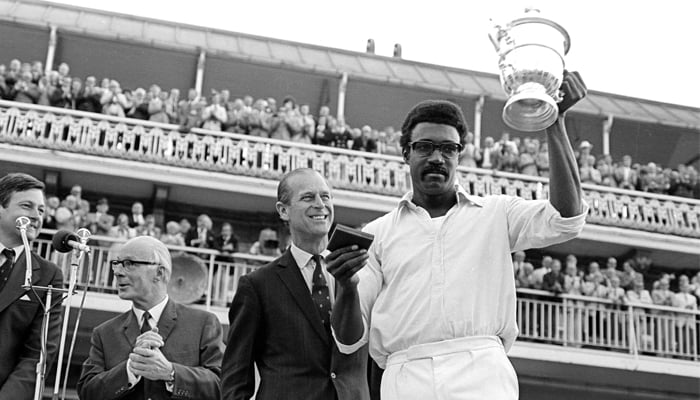
Many of these tournaments have been co-hosted by nations within the same geographic region. For instance, South Asian countries jointly organised the event in 1987, 1996, and 2011, while Australasia shared hosting duties in 1992 and 2015. South Africa took the helm in 2003, and the West Indies stepped up as co-hosts in 2007.
Remarkably, England holds the record for the most World Cup hosting duties, totalling five tournaments, which includes the first three editions. England also stands as the solitary nation to have shouldered the entire hosting responsibility, a feat accomplished in 1975 and 1979. However, in 1983 and 1999, even though England was designated as the primary host, certain matches were played in Ireland, Netherlands, Scotland, and Wales.
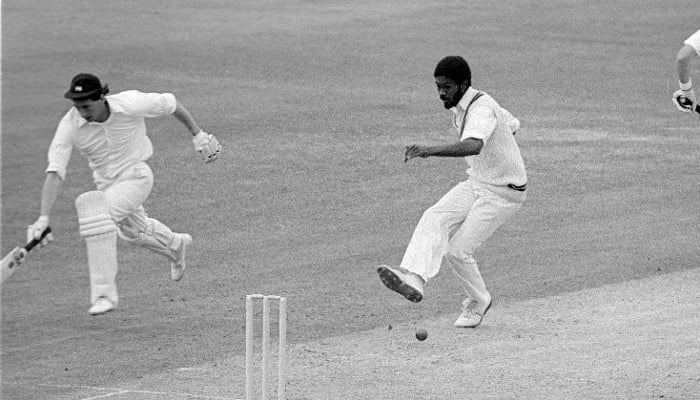
Notably, the West Indies’ hosting of the tournament in 2007 bears a unique distinction. While the West Indies were not considered sole hosts, it’s essential to understand that the West Indies represents a confederation comprising 15 primarily English-speaking Caribbean nations, British dependencies, and non-British dependencies. This shared hosting arrangement reflected the collaborative spirit of cricket across these diverse regions.
1975, 1979, and 1983: England’s triple stint
The first three editions of the Cricket World Cup were held in England, starting with the inaugural tournament in 1975. England’s readiness and commitment to organising the event played a pivotal role in this decision. When India proposed to host the third Cricket World Cup, the majority of International Cricket Conference (now International Cricket Council) members favoured England due to its longer daylight hours in June, allowing for matches to be completed in a single day.
The inaugural Cricket World Cup took place in England in 1975. With 15 matches, England was the sole host for this historic tournament. The ICC directly awarded the hosting rights to England.
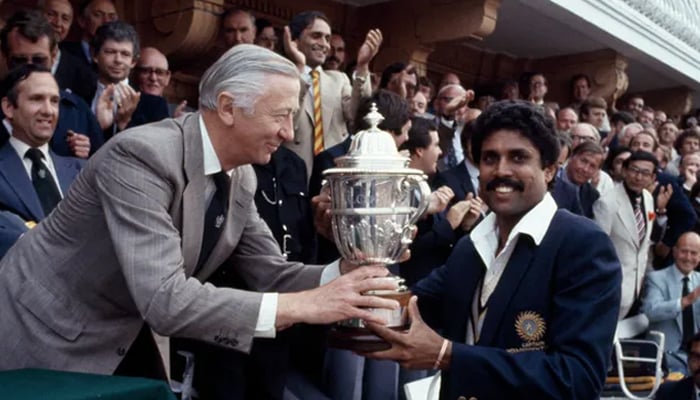
Four years later, England once again hosted the Cricket World Cup, with 15 matches played. The ICC directly awarded the tournament to England for the second consecutive time.
In 1983, England and Wales co-hosted the Cricket World Cup, expanding the tournament to 27 matches. While most of the matches were held in England (26), Wales also had the opportunity to host one match. Interestingly, India had submitted a bid to host the tournament but lost to the joint bid from England and Wales.
1987: A shift to the Indian sub-continent
The 1987 Cricket World Cup saw a shift in hosting to the Indian sub-continent. This edition was jointly held in India and Pakistan. India hosted 17 matches, and Pakistan hosted 10.
England had initially expressed interest in hosting the tournament but ultimately withdrew, paving the way for India and Pakistan to take on the hosting duties.
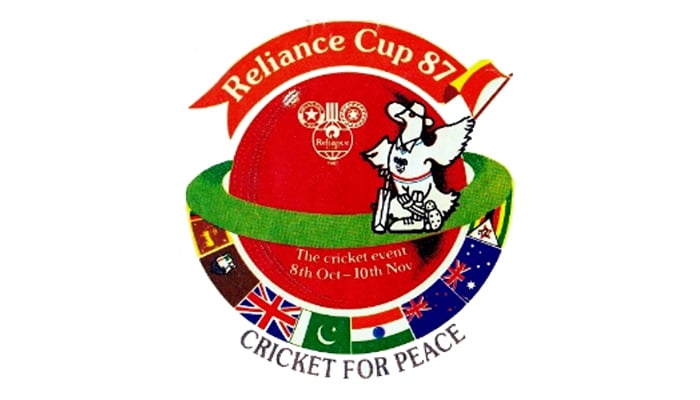
The change in location necessitated a reduction in the number of overs per innings from sixty to fifty due to the shorter duration of daylight.
1992: Australia and New Zealand
Australia and New Zealand jointly hosted the 1992 Cricket World Cup, with 39 matches played. Australia hosted 25 matches, while New Zealand hosted 14. The hosting rights were awarded based on a rotational policy.
The 1992 Cricket World Cup marked the fifth edition of the premier One Day International cricket tournament for men’s national teams.
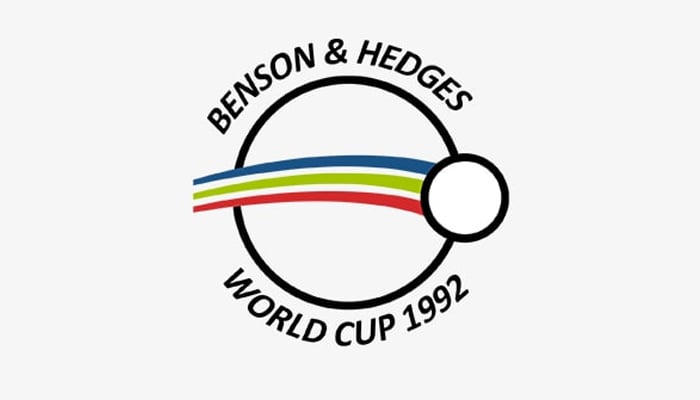
Several pioneering features marked the 1992 World Cup. It was the first time coloured player clothing, white cricket balls, and black sight screens were introduced. Many matches were also played under floodlights.
Moreover, this World Cup was the first to be hosted in the Southern Hemisphere and included South Africa, which had been reinstated as a Test-playing nation after the end of apartheid. Unlike previous editions, there was a five-year gap between this World Cup and the previous one.
1996: India, Pakistan, and Sri Lanka
In 1996, the Cricket World Cup returned to the Indian sub-continent with India, Pakistan, and Sri Lanka as co-hosts. India hosted 17 matches, Pakistan hosted 16, and Sri Lanka hosted 4.
England and South Africa had submitted bids but were unsuccessful.
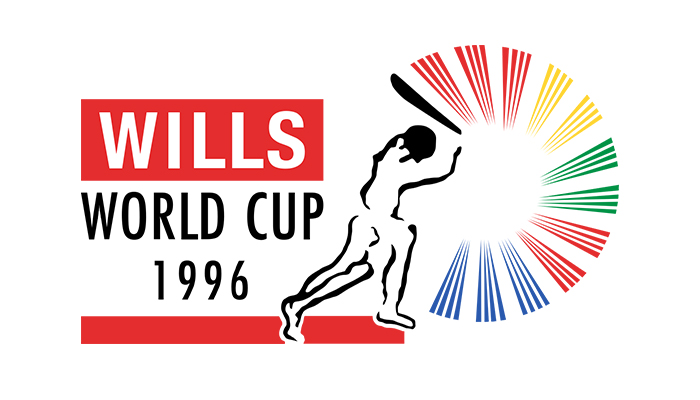
Before the tournament even began, controversy arose as Australia and the West Indies refused to send their teams to Sri Lanka due to security concerns stemming from a bombing incident in Colombo by the Tamil Tigers in January 1996. Sri Lanka, while ensuring maximum security for the teams, raised doubts about the legitimacy of using security concerns as a reason when the cricketing body had already deemed it was safe to travel. Following extensive discussions, the ICC ultimately decided to grant Sri Lanka both games by forfeit.
1999: England
The 1999 Cricket World Cup took place in England, with 42 matches played. England hosted 37 matches, and additional matches were held in Scotland, the Republic of Ireland, the Netherlands, and Wales. England was awarded the hosting rights after losing the bid for the 1996 World Cup.
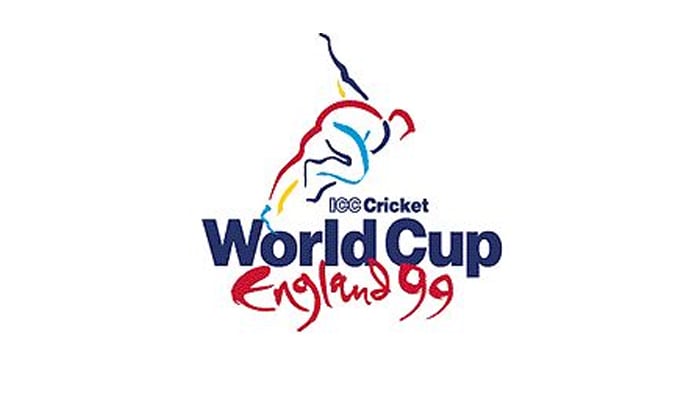
The 1999 ICC Cricket World Cup was also known as England ’99. The primary host was England, with selected matches taking place in Scotland, Ireland, Wales, and the Netherlands.
2003: South Africa
South Africa hosted the 2003 Cricket World Cup, with 54 matches played. The hosting rights were awarded to South Africa based on a combination of factors, including their previous unsuccessful bid for the 1996 tournament and the rotational policy.
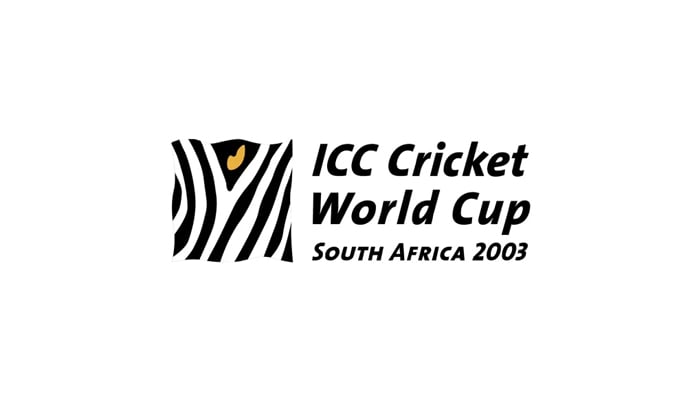
The 2003 ICC Cricket World Cup marked the eighth instalment of the tournament, co-hosted by South Africa, Zimbabwe, and Kenya from February 9 to March 23, 2003. Notably, this was the first World Cup played in Africa.
2007: Cricket West Indies
The Caribbean nations collectively known as Cricket West Indies hosted the 2007 Cricket World Cup, with 51 matches played. Other nations, including the Bahamas, Bermuda, and the United States, had expressed interest in hosting but were not selected.

2011: India, Sri Lanka, and Bangladesh
In 2011, the Cricket World Cup returned to the Indian subcontinent with India, Sri Lanka, and Bangladesh co-hosting the tournament. India hosted 29 matches, Sri Lanka hosted 12, and Bangladesh hosted eight.
Australia, New Zealand, Pakistan, and the United Arab Emirates were among the nations that bid for the hosting rights.
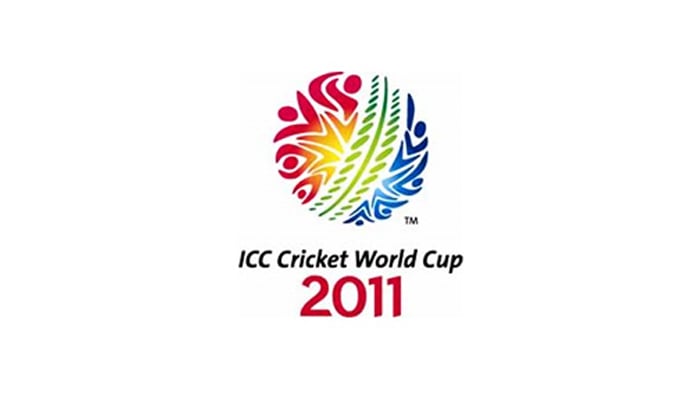
The selection of hosts for the 2011 World Cup was announced by the ICC on April 30, 2006, with Australia and New Zealand as the sole bidders. In the voting results, Bangladesh, India, Pakistan, and Sri Lanka received 10 votes, while Australia and New Zealand received 3.
However, there was a significant development in the lead-up to the 2011 World Cup. On April 17, 2009, the ICC decided to move the tournament out of Pakistan due to ongoing concerns about the “uncertain security situation” in the country, particularly in the aftermath of the 2009 attack on the Sri Lanka national cricket team in Lahore. PCB Chairman Ijaz Butt disclosed that they had issued a legal notice to challenge the ICC’s decision.
2015: Australia and New Zealand
Australia and New Zealand jointly hosted the 2015 Cricket World Cup, with 49 matches played. Australia hosted 26 matches, and New Zealand hosted 23.
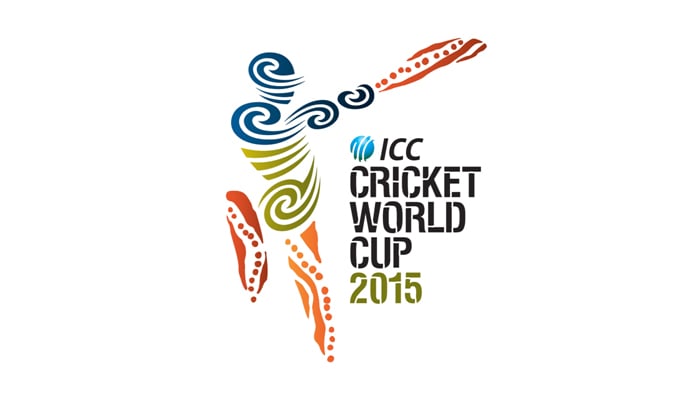
The hosting rights were awarded to Australia and New Zealand after they lost the bid for the 2011 World Cup. This was the second time the tournament was held in Australia and New Zealand, with the first being the 1992 Cricket World Cup.
The tournament boasted a total attendance of 1,016,420, with an average of 21,175 spectators per game. The final at the Melbourne Cricket Ground set a record for one-day cricket attendance in Australia, with 93,013 spectators.
In India, the Australia-India semi-final garnered the highest television ratings, reaching 15% of television viewing households.
2019: England and Wales
The 2019 Cricket World Cup returned to England and Wales, with 48 matches played. England hosted 44 matches, and Wales hosted four. The hosting rights were awarded as per the rotational policy.
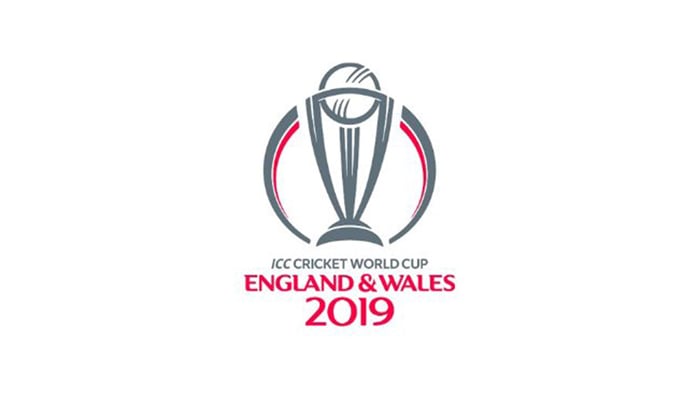
The hosting rights were awarded in April 2006, after England and Wales withdrew their bid to host the 2015 Cricket World Cup.
2023: India
The 2023 Cricket World Cup is set to be hosted by India, with the same format used in 2019. The event is being played in only one country for the first since 1979.
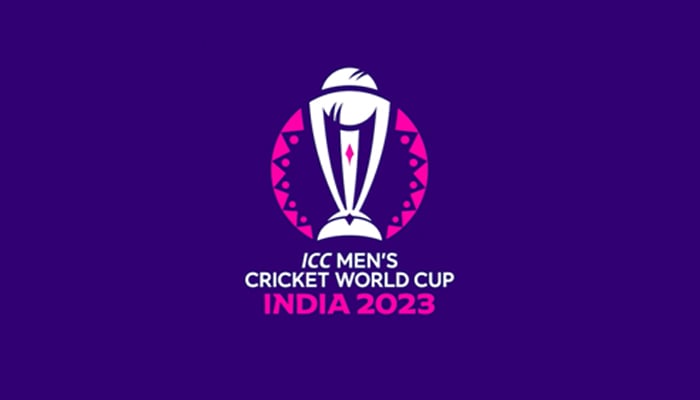
The ICC Cricket World Cup has travelled across continents and witnessed numerous host nations over the years. Whether awarded through direct selection, rotational policies, or based on prior bid outcomes, each hosting decision has left a mark on the history of this iconic cricket tournament. As we eagerly anticipate future editions, the diversity of host nations continues to be a testament to the global love and passion for the sport of cricket.
https://www.geosuper.tv/latest/28445-cricket-world-cup-hosts-through-the-years-a-journey-of-nations






